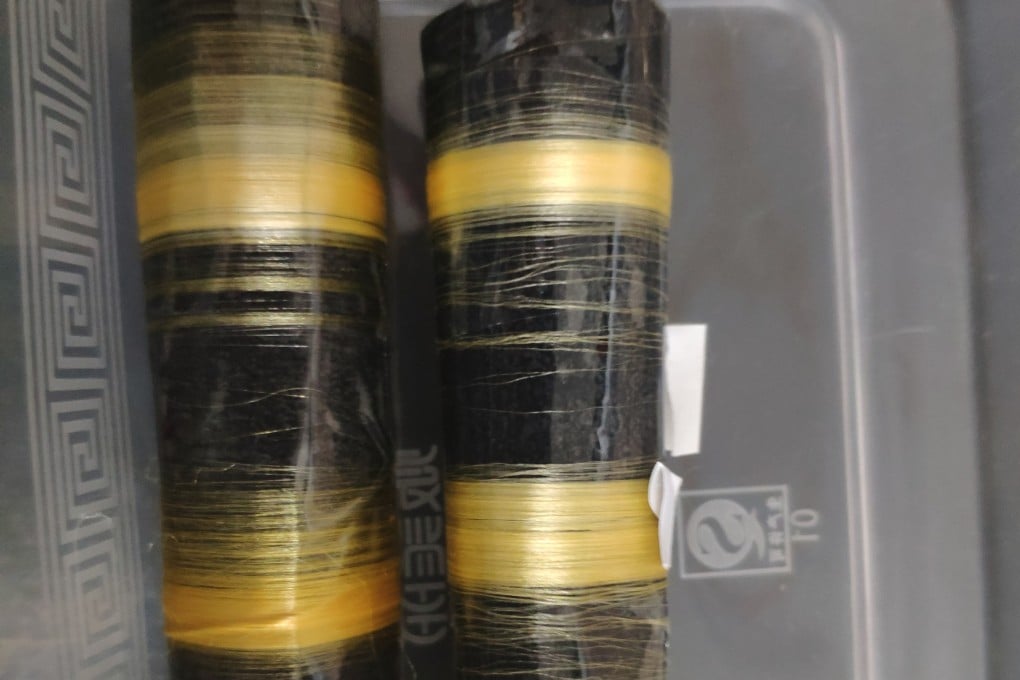Advertisement
Chinese scientists use gene-edited silkworms to make spider silk that’s 6 times tougher than Kevlar
- CRISPR helps researchers in China synthesise ultra-tough fibre that could be used in surgical sutures, bulletproof clothing and aerospace technology
- Spiders produce silk that is more eco-friendly and stronger than most man-made fibres, but the arthropods cannot be farmed because they are cannibals
Reading Time:2 minutes
Why you can trust SCMP
8

Chinese scientists have synthesised the first full-length spider silk fibres from genetically modified silkworms, and they say the result is tougher than “most natural and synthetic fibres” – including Kevlar.
They published their findings in the peer-reviewed journal Matter on September 20. The research challenges the notion that toughness and strength are mutually exclusive properties in fibres, as the team’s spider silk has both “high tensile strength and extraordinary toughness”.
The spider silk’s toughness surpasses that of Kevlar by sixfold, but it also has a higher tensile strength – or the ability to withstand tension while stretching – than nylon, according to the paper.
Mi Junpeng, first author of the paper and a researcher at Donghua University in Shanghai, told the Post on Friday that the fibre could have a multitude of uses, the “most intuitive” being as a surgical suture. It could also be used to produce bulletproof clothing, smart materials and aerospace technology.
The team used the gene-editing tool CRISPR-Cas9 to genetically modify silkworm eggs by inserting genes for spider silk proteins. The modification caused the resulting silkworms’ eyes to glow under a fluorescence microscope.
To ensure the modified silkworms would express the spider proteins, the team first had to better understand the structure of silk. The paper explained a new model of silk structure, which the scientists said was “validated” by the success of their experiment.
Advertisement